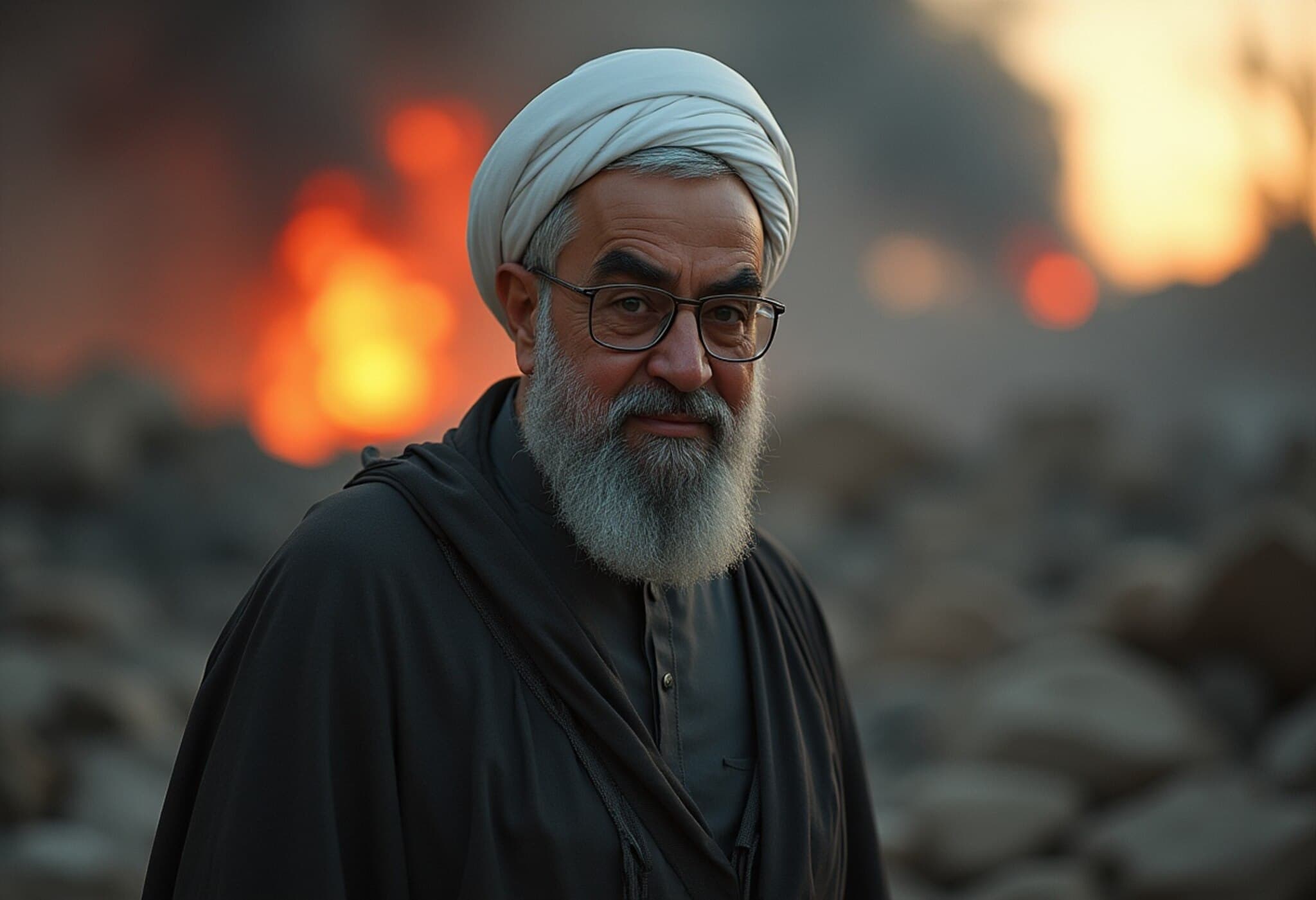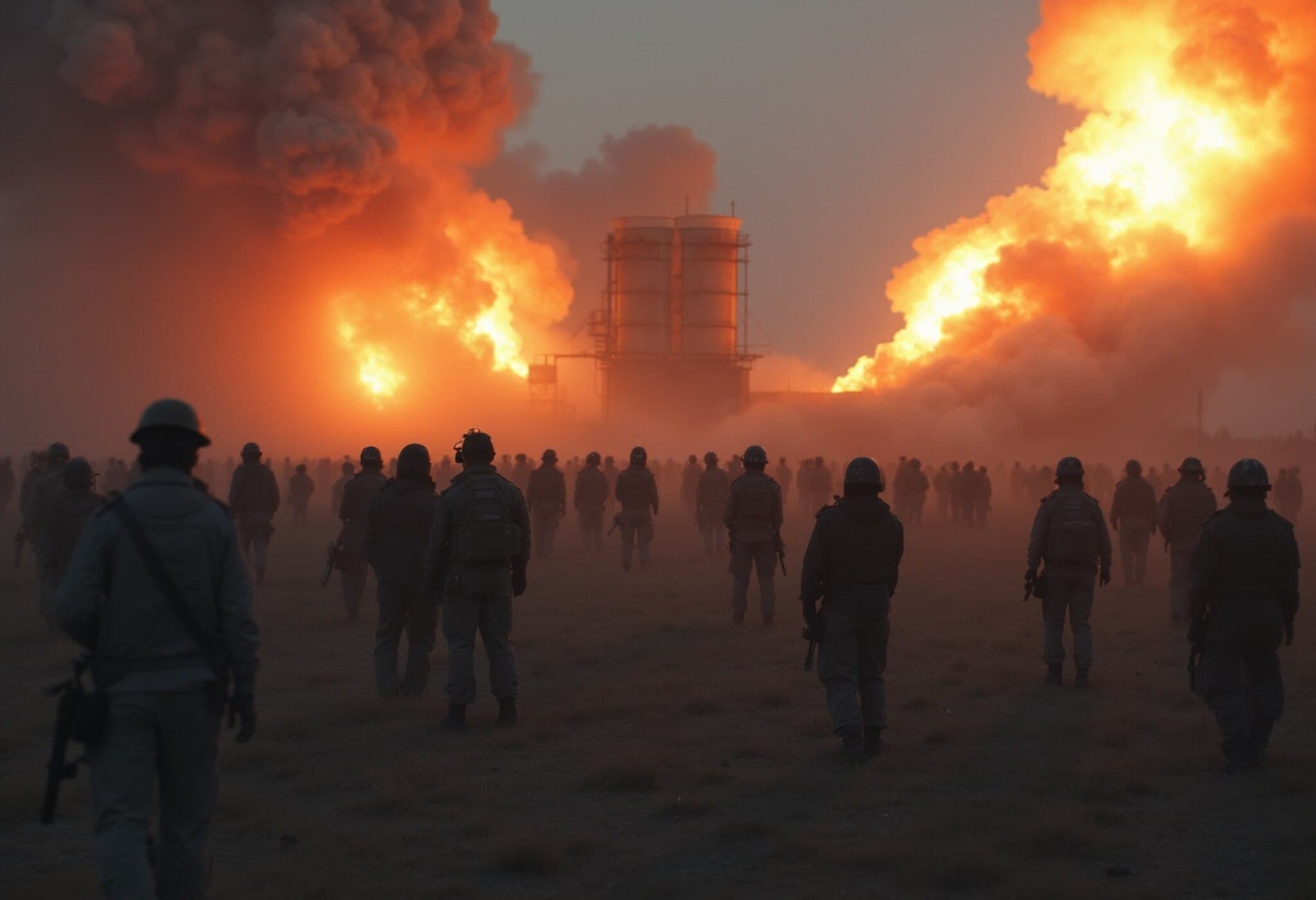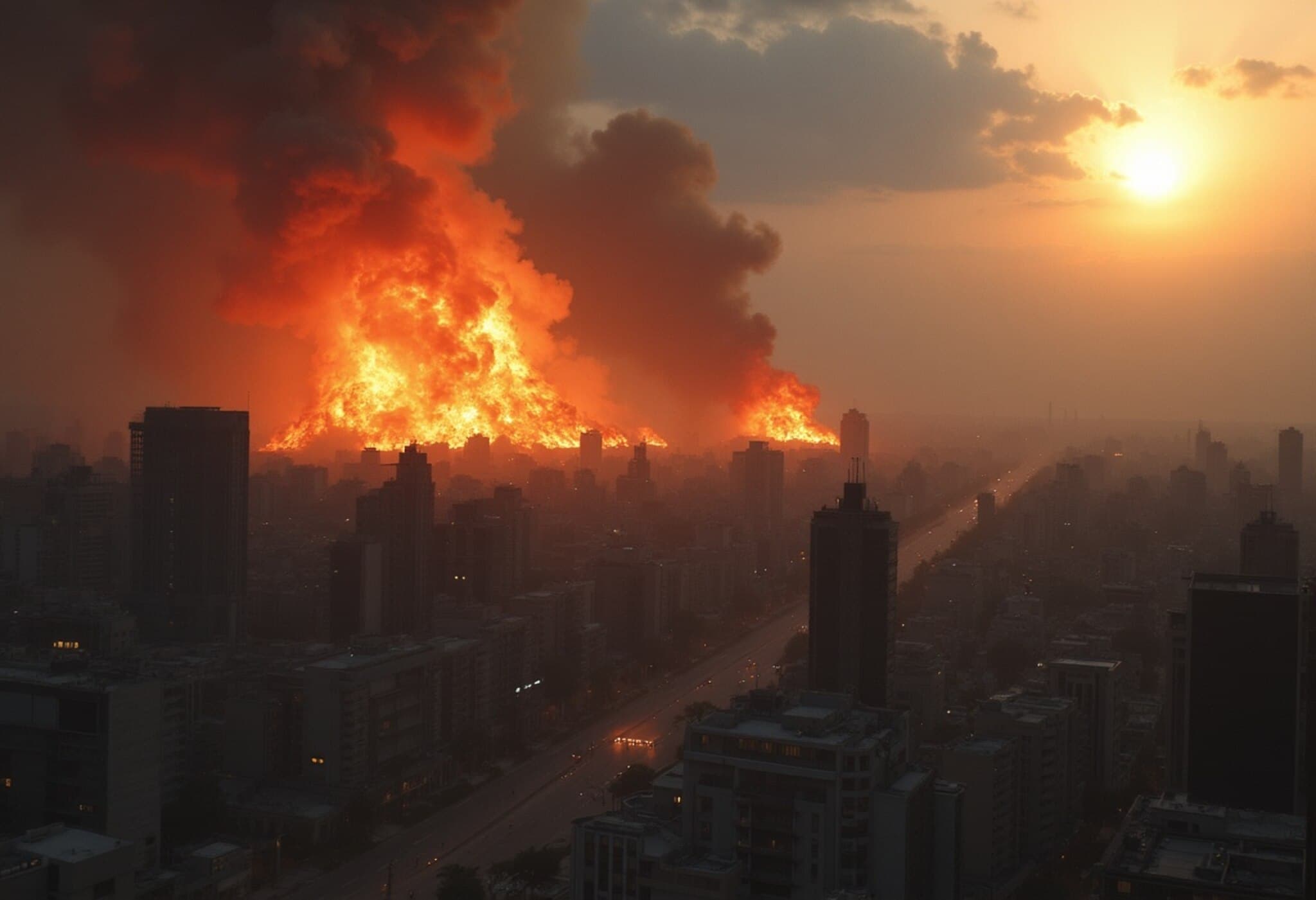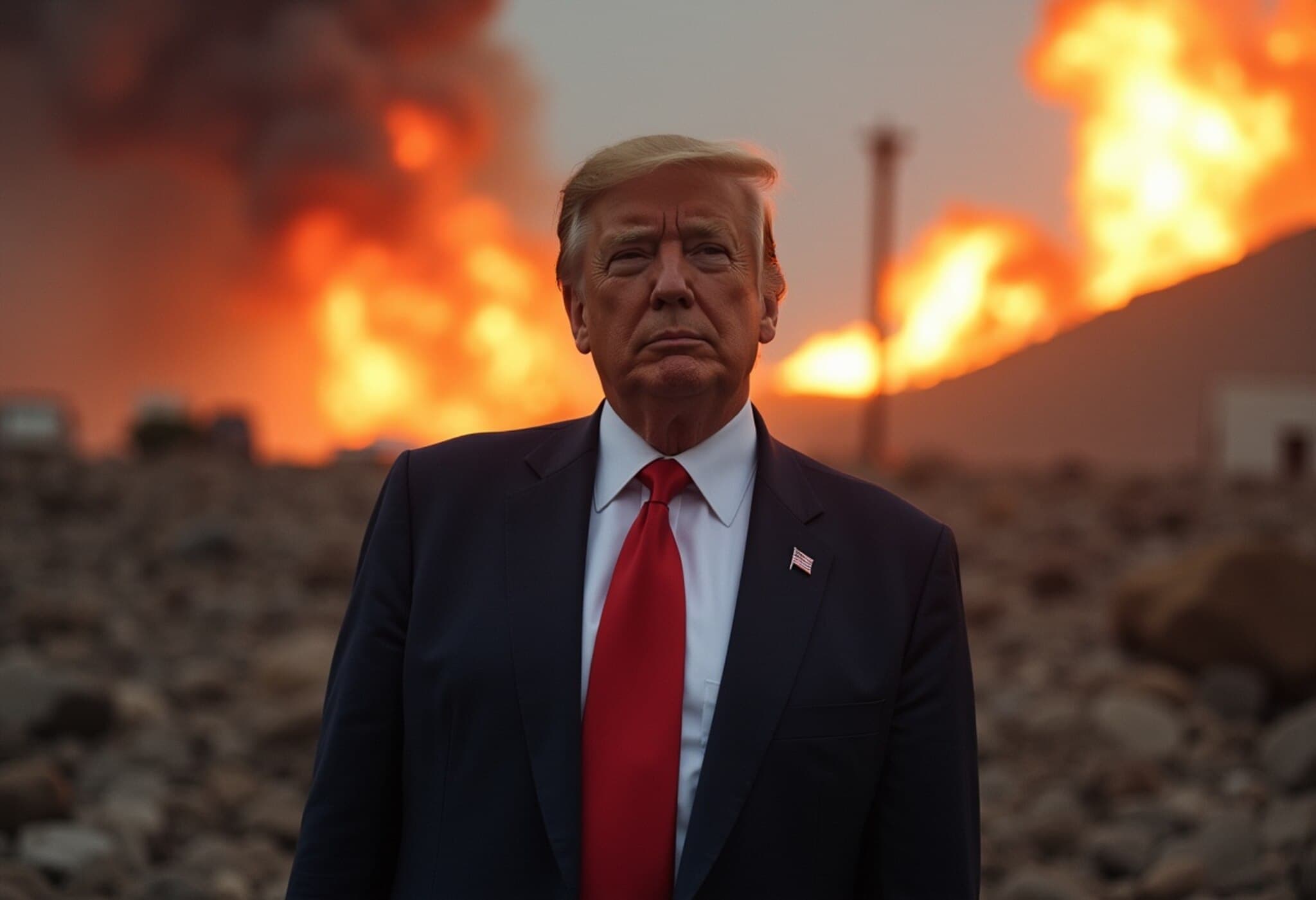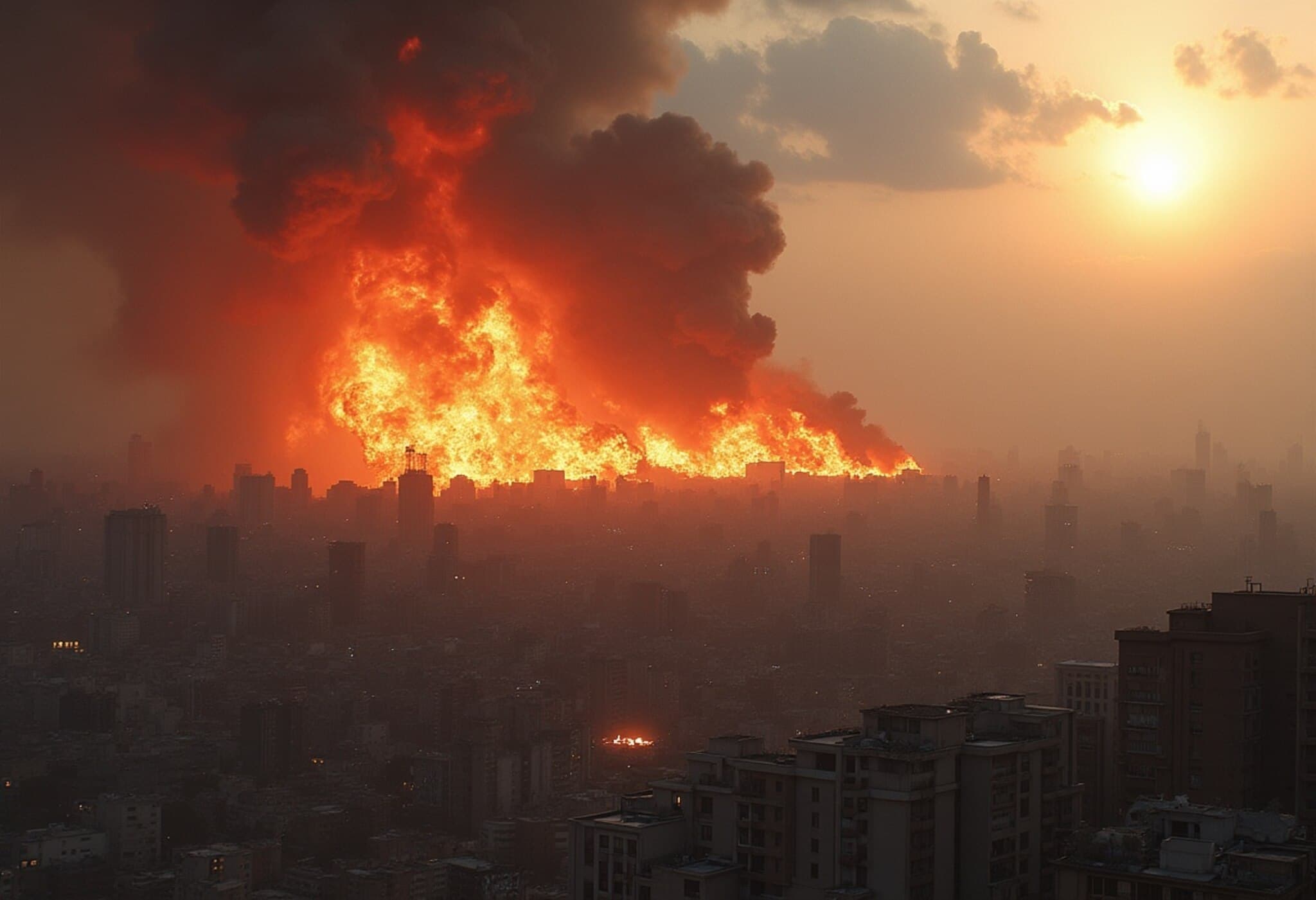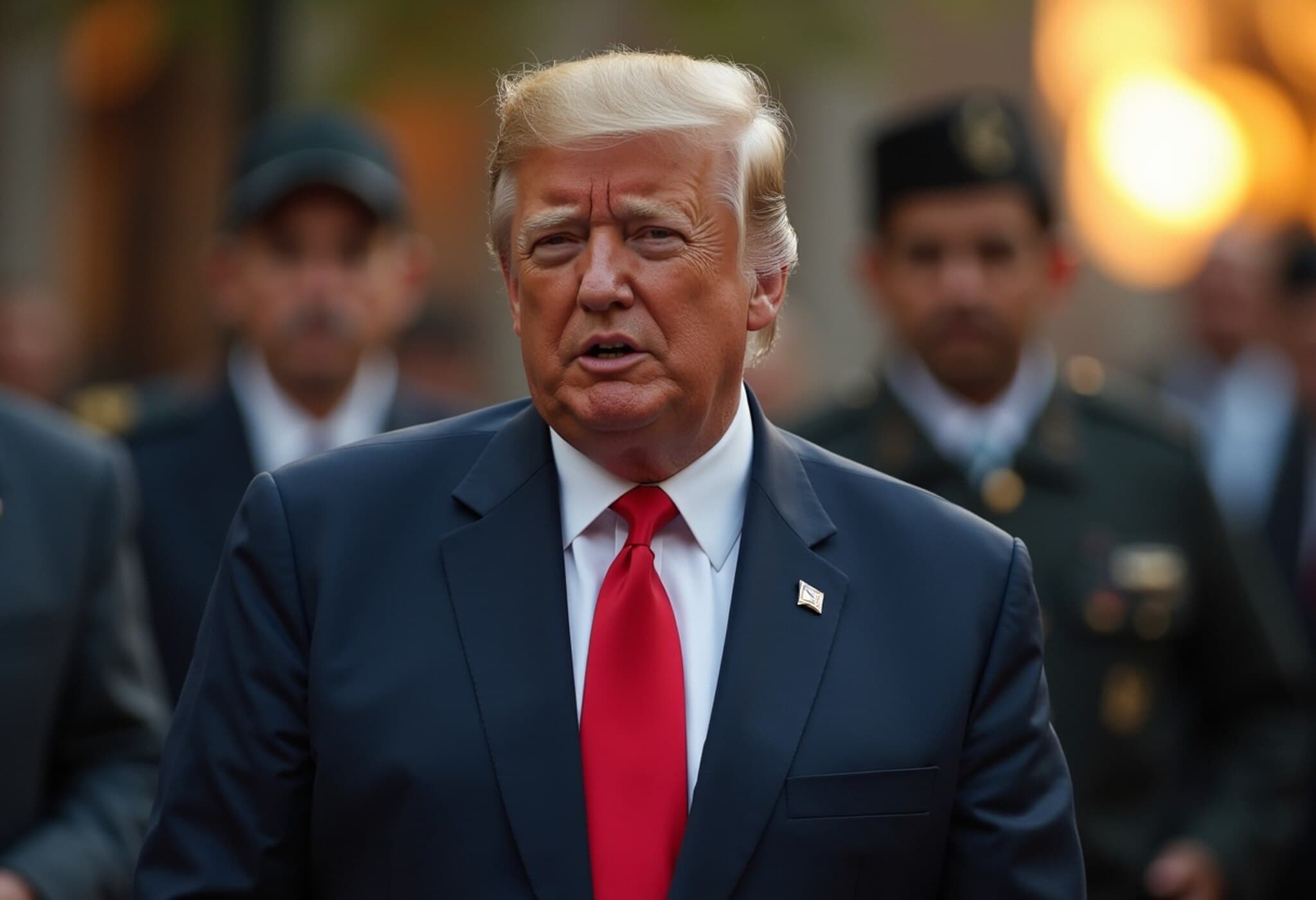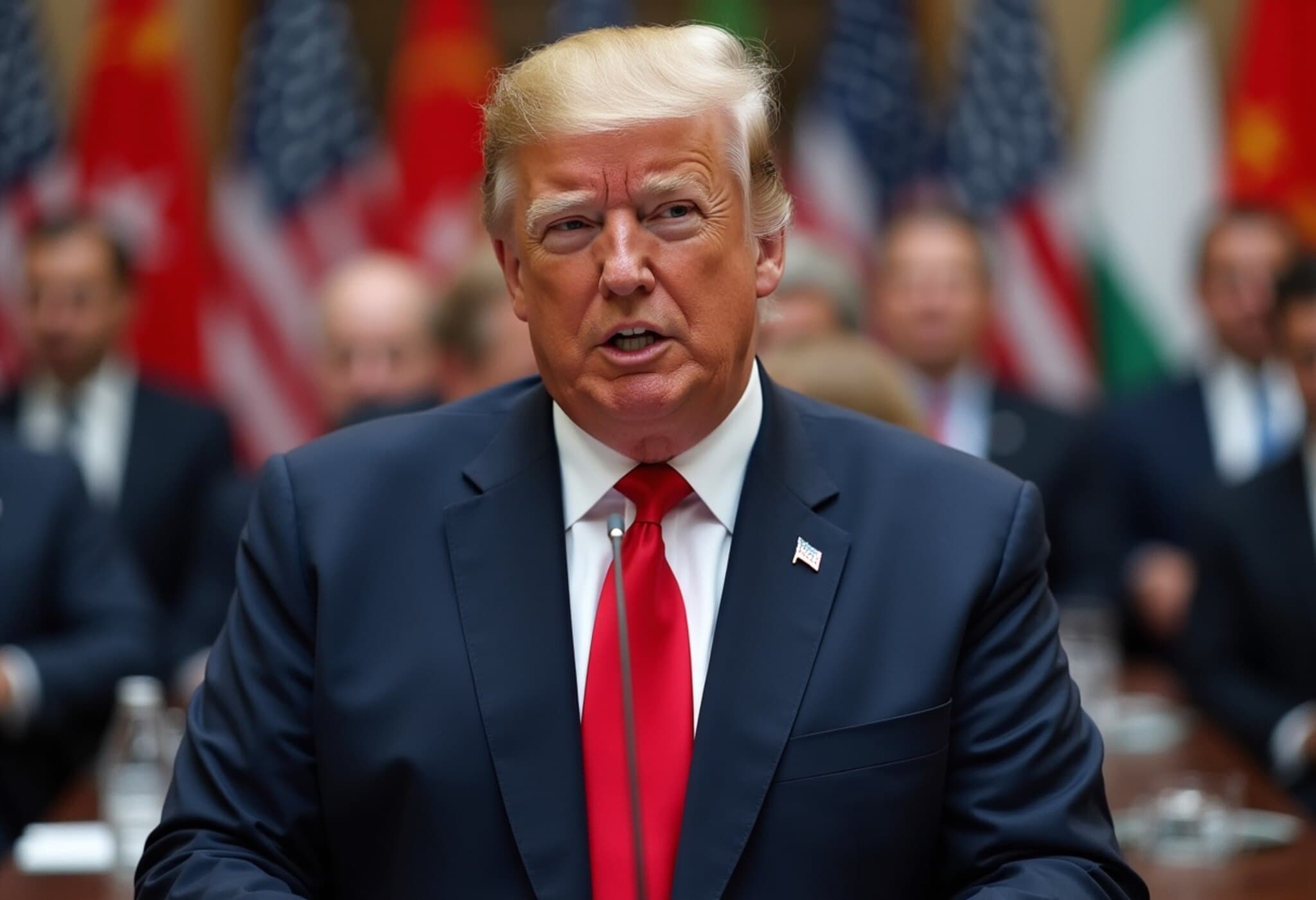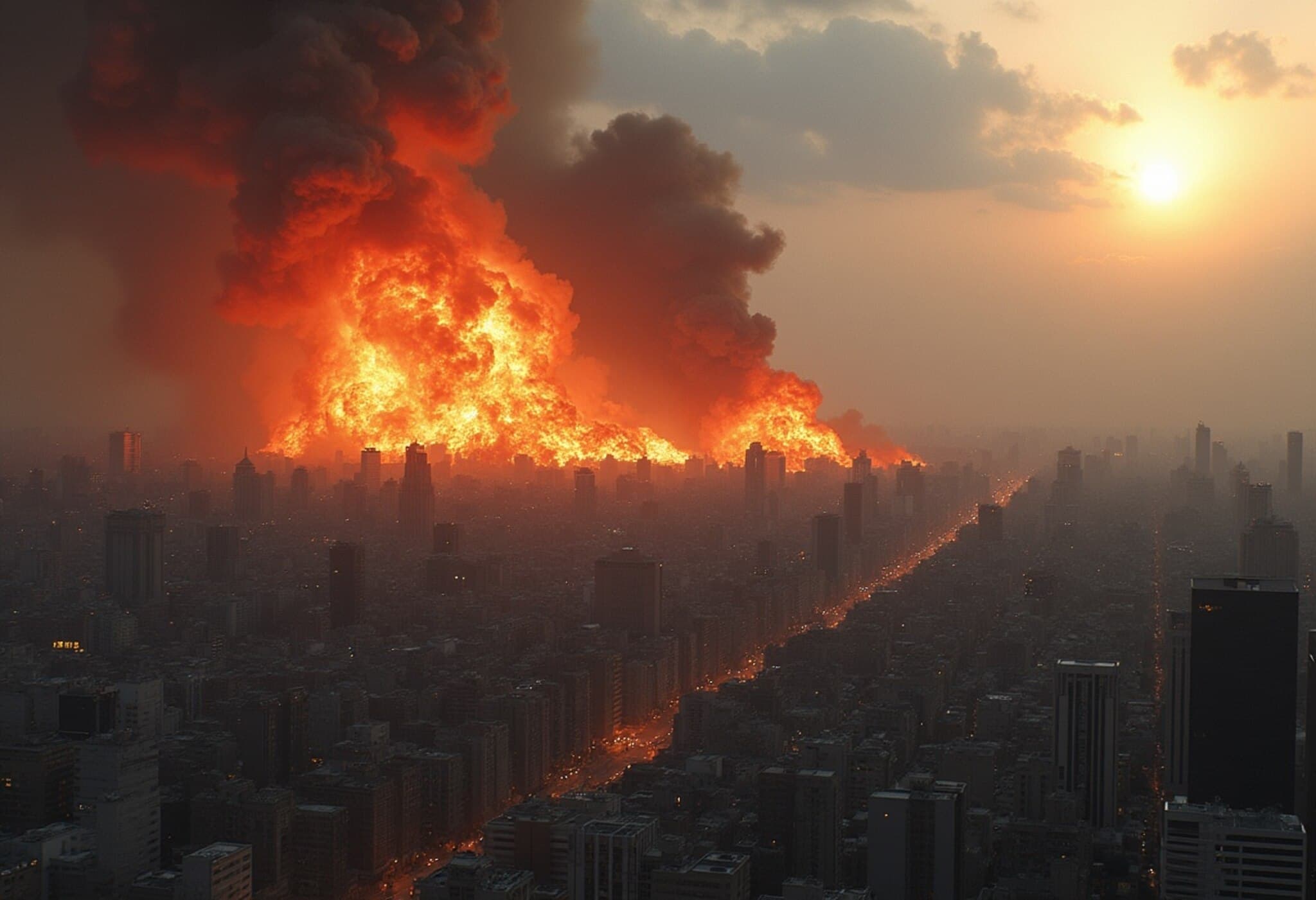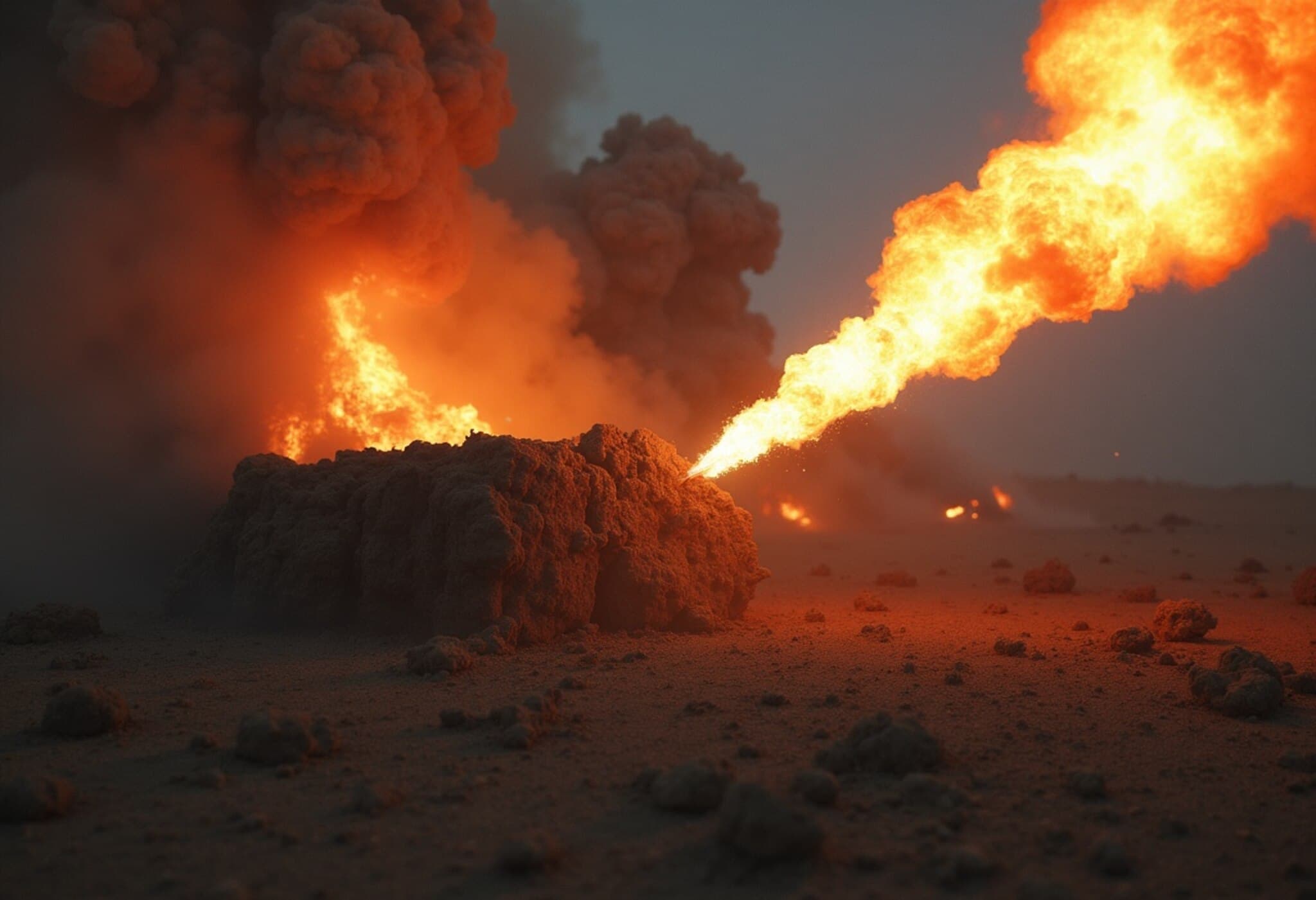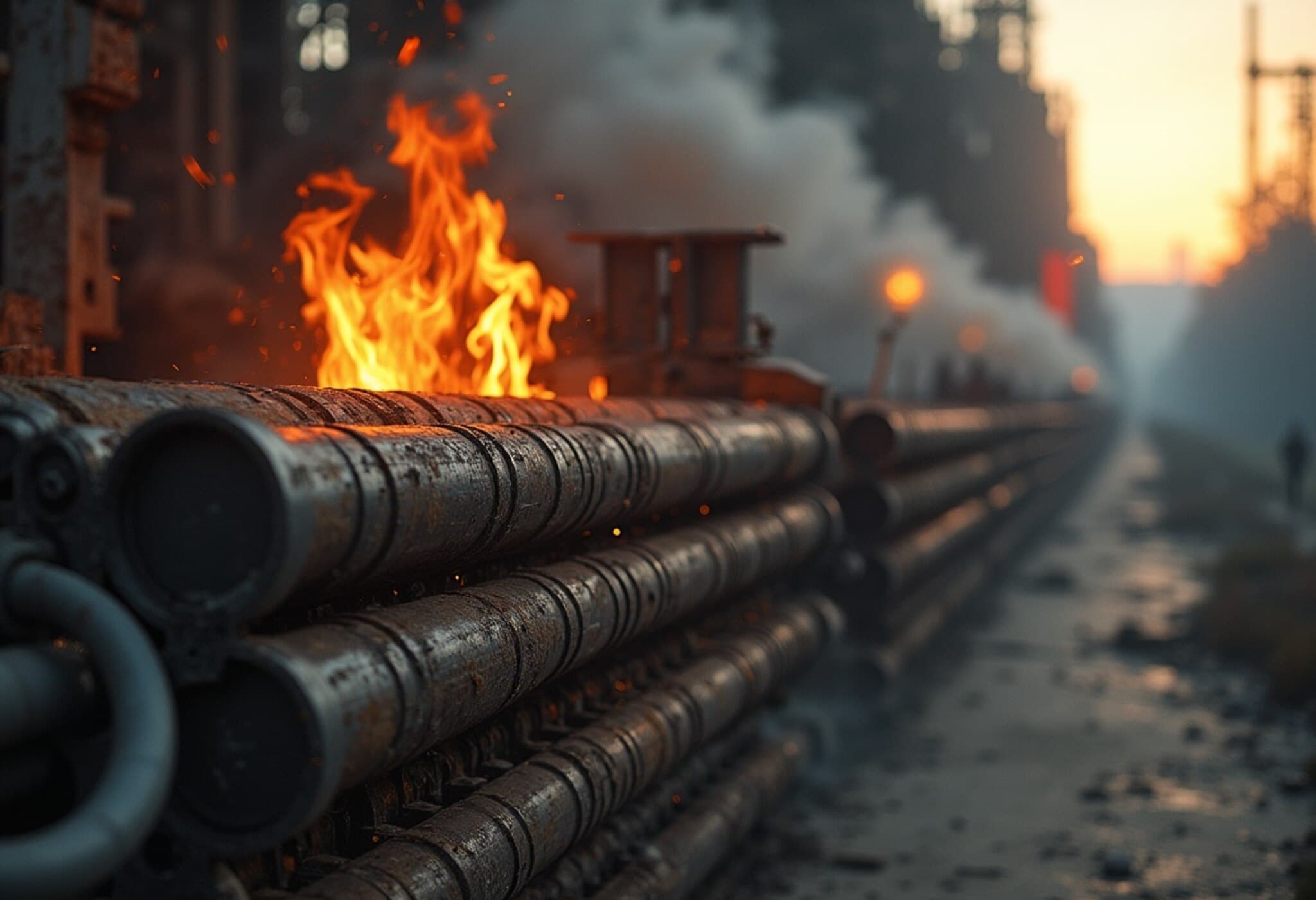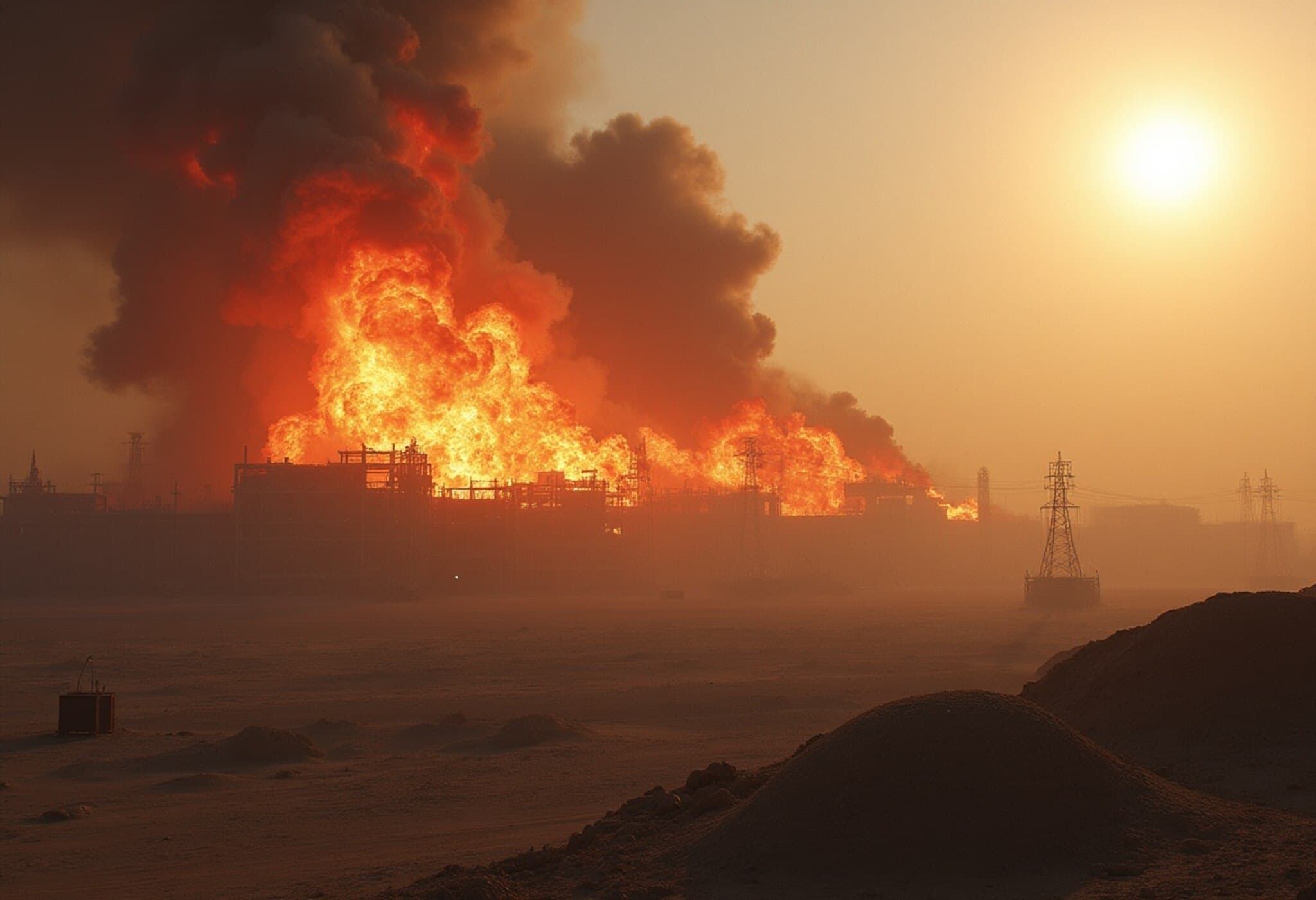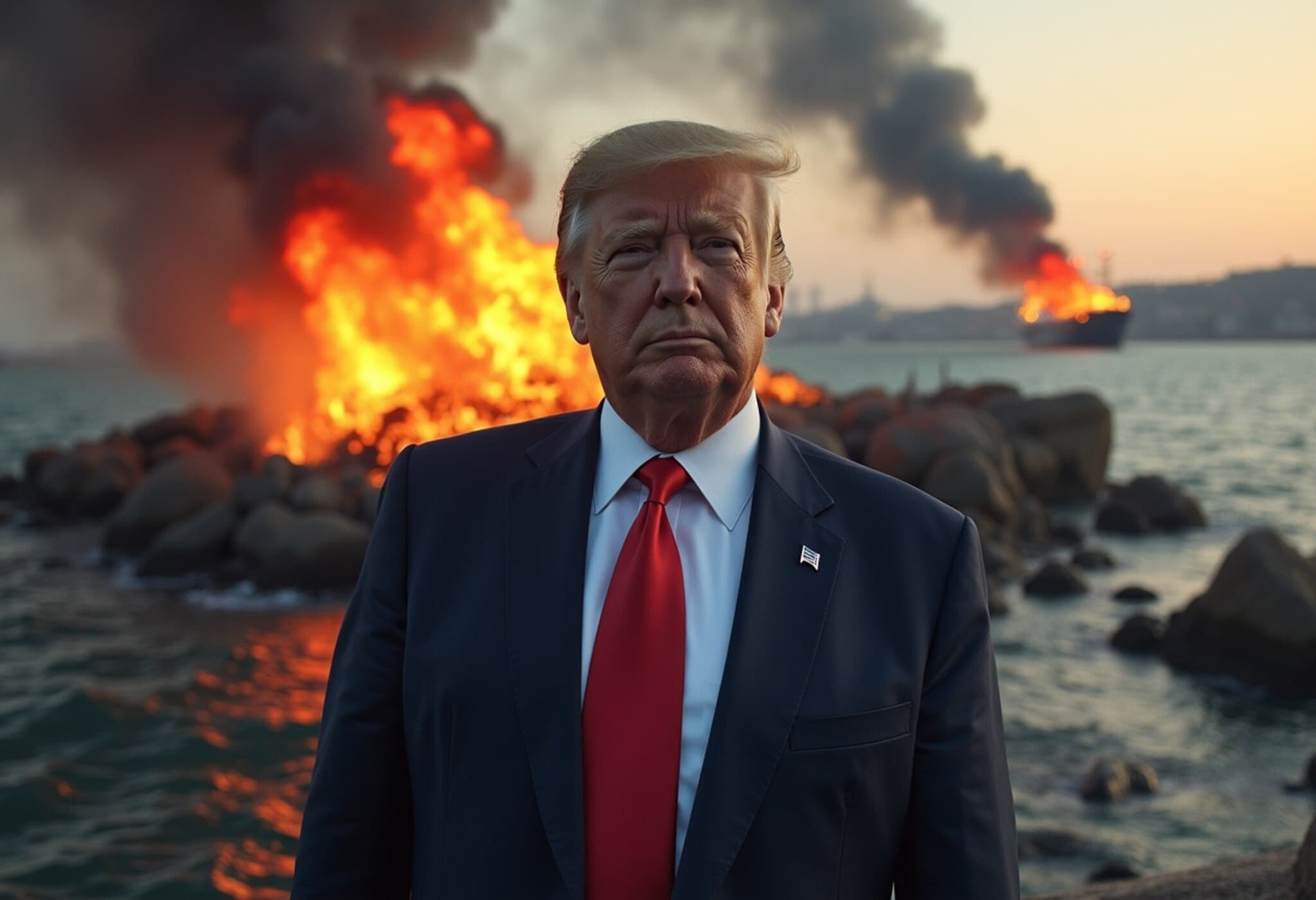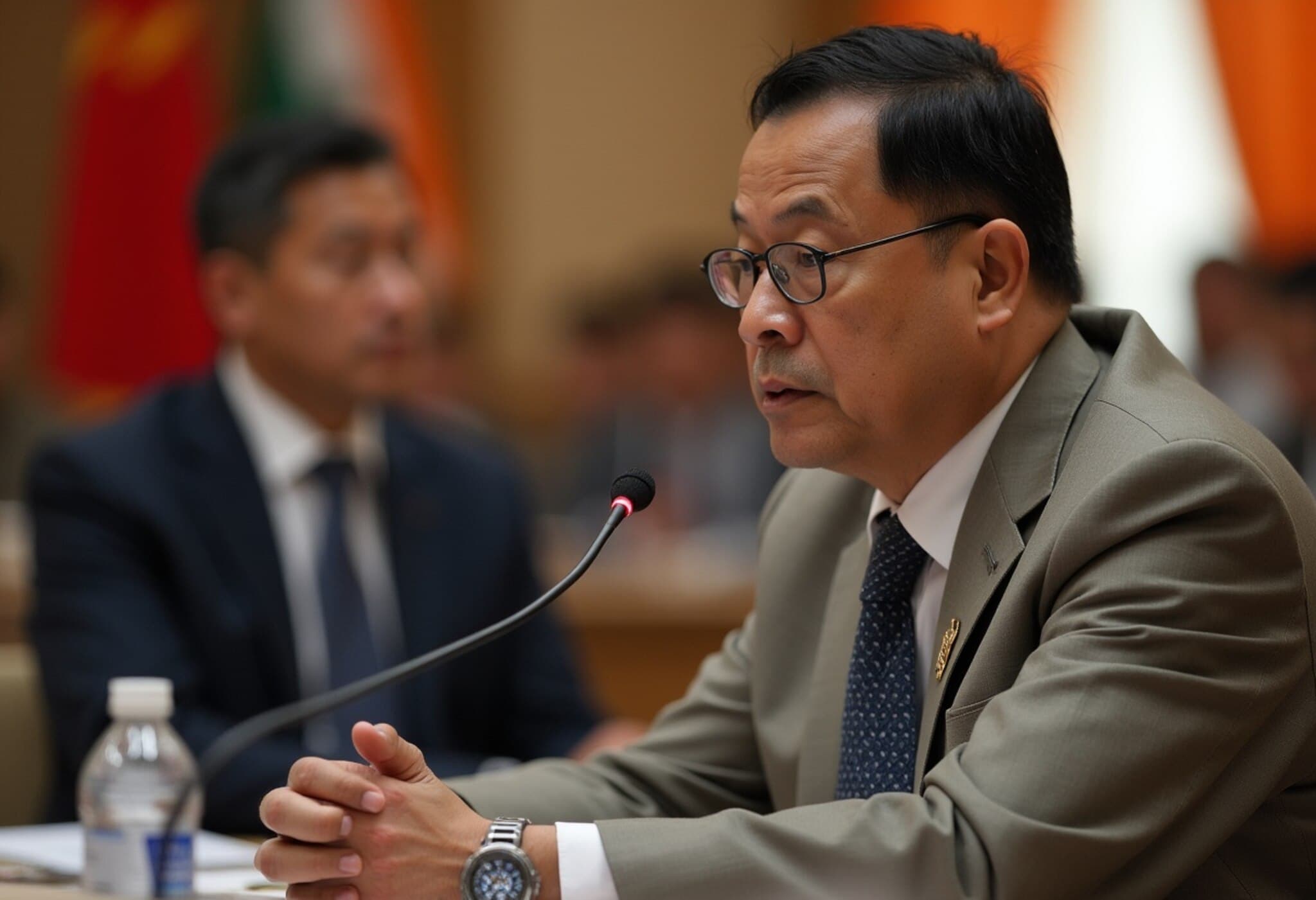Israel Admits Targeted Killings of Iranian Nuclear Experts
Israel has openly confirmed its military campaign aimed at Iran’s nuclear program, which reportedly resulted in the assassination of at least 14 senior Iranian nuclear scientists. These individuals were identified by Israeli officials as key contributors to Iran’s development and production of nuclear weapons.
Strategic Blow to Iran’s Nuclear Ambitions
According to Israel’s ambassador to France, Joshua Zarka, these targeted operations struck directly at the heart of Tehran’s nuclear weapons program. In an unprecedented disclosure, Zarka explained that these scientists were eliminated not merely because of their knowledge of physics but due to their active involvement in creating and fabricating nuclear arms.
He emphasized, “They were killed not because of the fact that they knew physics, but because of the fight they were personally engaged in—developing and producing a nuclear weapon.” The disappearance of the key personnel has reportedly delayed Iran’s nuclear timeline by several years.
Zarka also suggested a psychological impact on potential future collaborators within Iran’s nuclear program, stating that such individuals may now hesitate before joining the effort.
Details of the Operation
The initial wave of Israeli strikes on June 13 reportedly eliminated nine of these scientists, encompassing physicists, chemists, materials scientists, explosives experts, and engineers—each with decades of expertise in nuclear weapons development.
Expert Perspectives: Knowledge and Regeneration
Despite the strategic blow, analysts warn that Iran’s nuclear knowledge base remains resilient. While assassinations and facility sabotage can cause delays, decades of accumulated expertise and blueprints are not so easily erased.
One senior analyst highlighted that the next generation of scientists could eventually reconstruct the knowledge and continue the program. Even if top-tier experts are lost, replacement personnel with lesser experience remain able to advance Iran’s nuclear ambitions over time.
Calls for Diplomacy Amid Military Actions
European governments have underscored that military strikes alone cannot resolve the complex issue of Iran’s nuclear pursuits. The UK Foreign Secretary stressed that attacks cannot destroy the decades-long scientific knowledge or the regime’s political will to develop nuclear arms.
The prevailing consensus among European powers favors a negotiated diplomatic solution as the most viable path to address global concerns surrounding Iran’s nuclear program.
A History of Covert Operations
Israel has long been suspected of covert operations targeting Iranian nuclear scientists but had seldom admitted such actions publicly. The recent confirmation marks a significant shift in transparency regarding these operations.
In 2020, Iran accused Israel of orchestrating the killing of Mohsen Fakhrizadeh, its top nuclear scientist, using a remote-controlled weapon. While Israel neither claimed nor denied involvement, officials now affirm that repeated disruptions—including assassinations, sabotage, and unexplained accidents—have collectively delayed Iran’s nuclear progress.
Legal and Ethical Controversies
The deliberate killing of scientists raises profound legal and ethical questions. International humanitarian law generally protects civilians and non-combatants, but debate persists about whether scientists directly participating in nuclear weapons development qualify as legitimate military targets.
A political science professor compared the scenario to historic wartime precedents, arguing that those aiding hostile regimes with weapon development could be considered lawful targets.
Conversely, legal experts urge caution, pointing to the lack of full transparency on the scientists’ exact roles and the risk of setting a dangerous precedent that could extend to broader groups, such as students and academics.
A nuclear analyst emphasized the slippery slope that targeting knowledge bearers presents, questioning where such actions should logically end, particularly given that essential raw materials remain a critical factor in nuclear weaponization.
Conclusion
Israel’s admission of offensive operations targeting Iranian nuclear scientists sheds new light on the shadowy warfare surrounding nuclear proliferation. While these actions may hinder Iran’s nuclear ambitions temporarily, experts agree that only a comprehensive diplomatic approach can address the long-term risks posed by Tehran’s nuclear activities.

